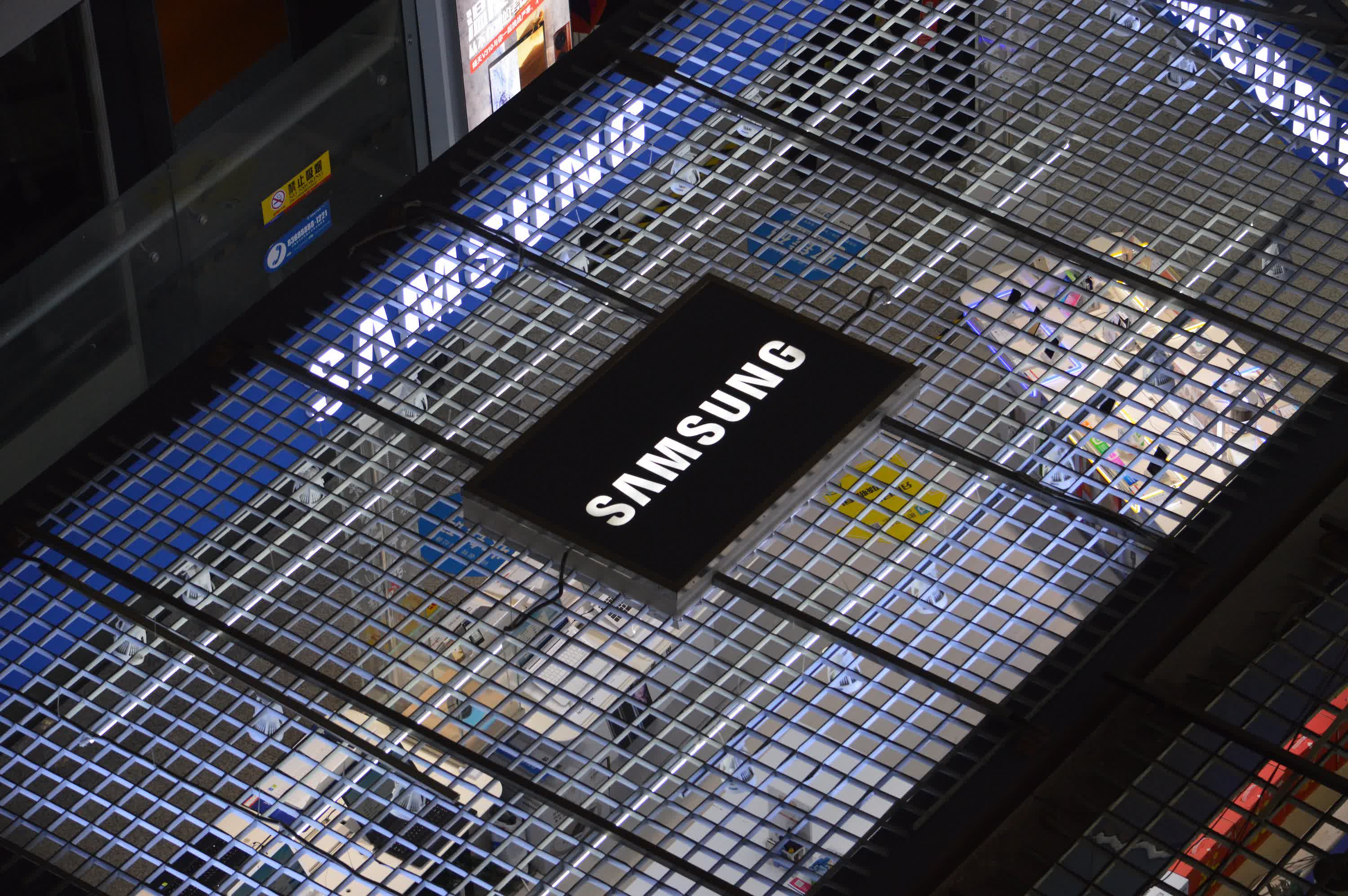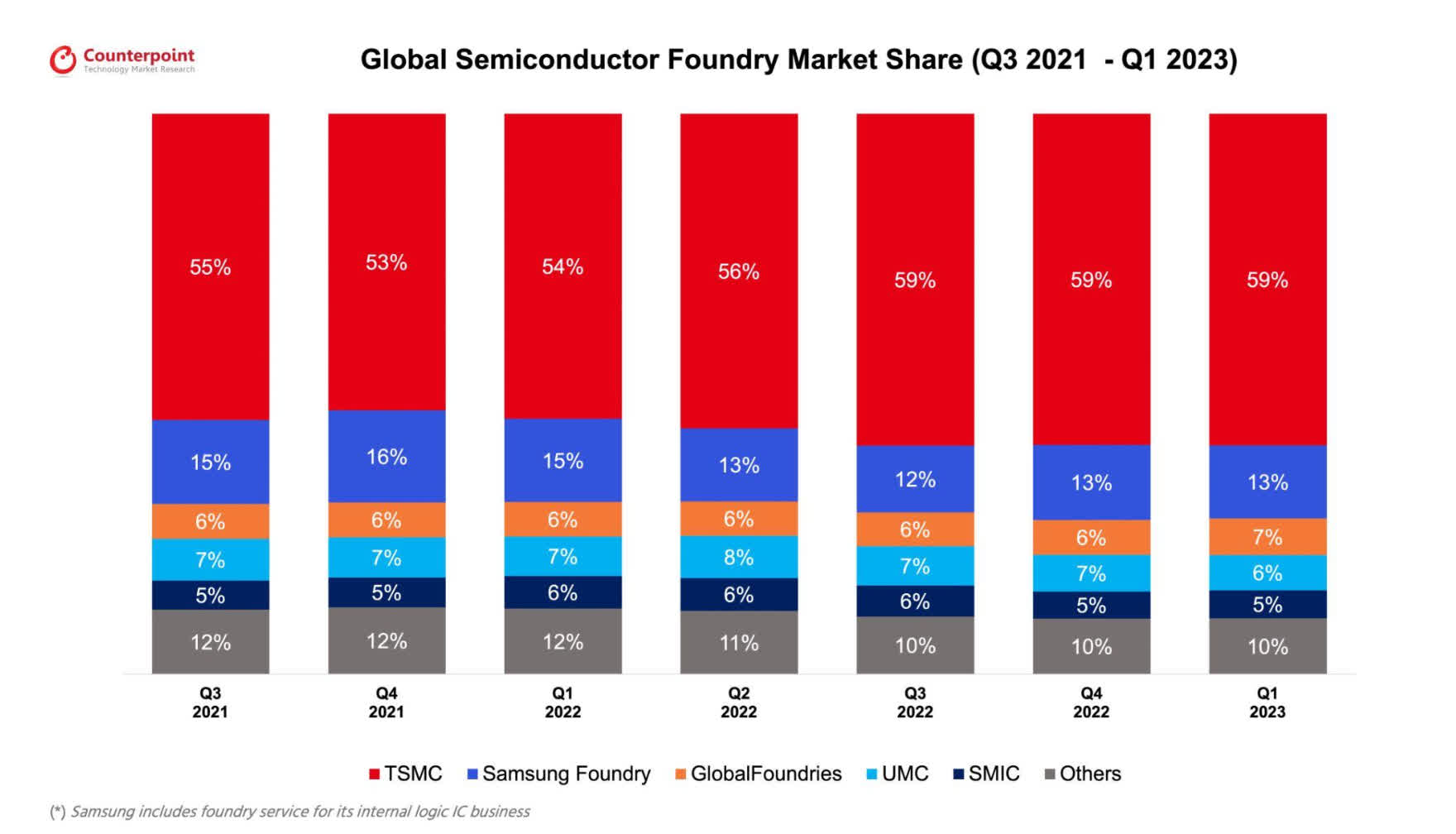Why it matters: TSMC may be the current leader in process technologies, but Samsung is planning to take away its crown in the coming years. To that end, the Korean giant has already improved the yield rates on its 4 nm and 3 nm process nodes to the point where they could be considered commercially viable by companies like Nvidia, Qualcomm, AMD, and Google for their future chips.
Samsung's Foundry division has had a rough time holding onto customers over the past few years, mostly due to thermal and yield issues with its modern process nodes. These problems have convinced many including Nvidia and Qualcomm to go with TSMC for their current needs, but the Korean tech giant seems determined to repair its image as soon as possible and win back some contracts in the coming months.
According to Park Sang-wook, who is a researcher at Hi Investment & Securities, Samsung has managed to improve the yield of its 4 nm manufacturing node to around 75 percent. For reference, TSMC currently holds the crown in that department with yield rates approaching 80 percent. Last year, supply chain insiders noted Qualcomm Snapdragon 8 Gen 1 chips made using Samsung's 4 nm process node had yield rates of around 35 percent, which is why Qualcomm went to TSMC for the Snapdragon 8 Gen 2 SoC and Nvidia did the same for its RTX 40 series GPUs.
Interestingly, Sang-wook says that Samsung has also made great strides when it comes to its 3 nm process. Current yield rates hover around the 60 percent mark, which is already better than TSMC's equivalent node where 55 percent of the chips on a wafer are usable. This means the Korean company has a chance to convince some of its former customers to opt for its manufacturing services, though that will also depend on pricing for wafers made using the new node.
Now read: There is TSMC and there's everybody else, can Samsung or Intel catch up?
Given that TSMC's 3 nm capacity is almost completely booked by Apple, we might even see AMD CPUs and GPU chiplets manufactured by Samsung in the coming years. Google has also shown some interest in making Tensor G3 chips at Samsung's fabs, but we'll have to wait and see.
Meanwhile, Samsung's strategy is to focus on long-term efforts like building the world's largest chip center in South Korea using a gargantuan $230 billion investment fund. The facility won't become operational until 2042, however, which is ample time for Samsung to refine its process technologies. On that front, the company says it's on track to produce chips using 2 nm and 1.4 nm-class nodes in 2025 and 2027, respectively.
Masthead credit: Sebastian Moss

